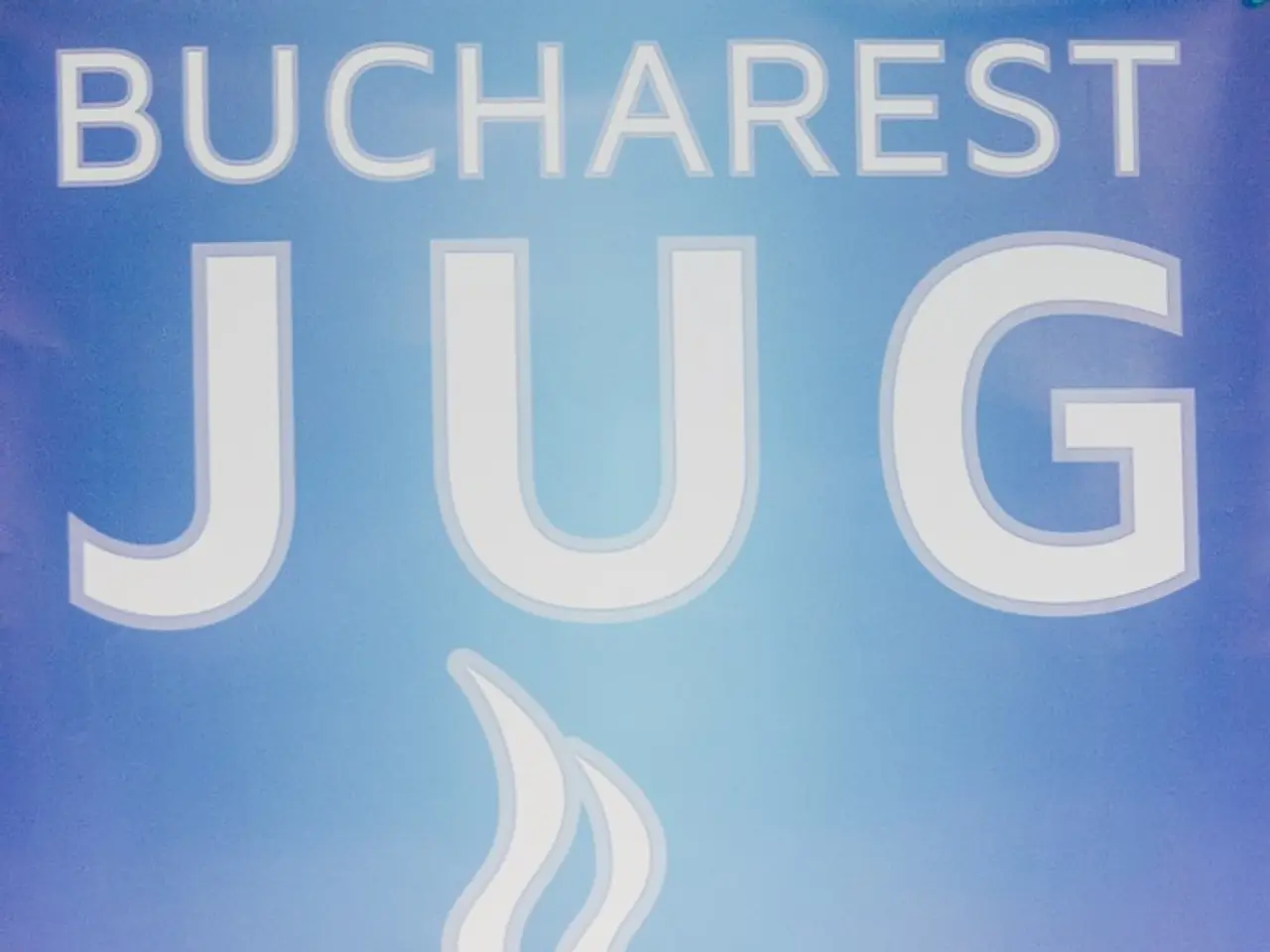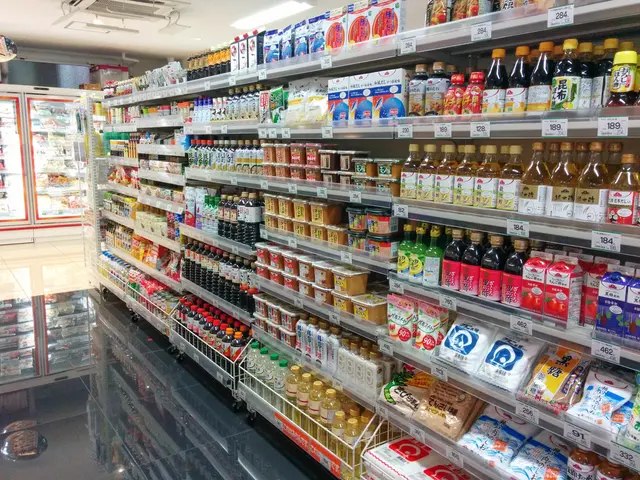Course focusing on tracking and validation of carbon emissions levels
Singapore, a city-state known for its rapid economic growth, has set ambitious goals for its carbon footprint. As part of its Long-Term Low-Emissions Development Strategy (LEDS), the nation aims to achieve net-zero emissions by 2050.
To facilitate this transition, Singapore has implemented a carbon pricing scheme through a carbon tax. The tax, initially set at SGD 5 per tonne of CO2 equivalent (tCO2e) in 2019, is set to increase progressively. By 2024, the tax rate will be SGD 25/tCO2e, rising to SGD 45/tCO2e by 2026, and projected to reach SGD 50–80/tCO2e by 2030.
Entities subject to the carbon tax can offset a portion of their taxable emissions using approved carbon credits. Specifically, taxable facilities can offset up to 5% of their emissions with carbon credits that meet Singapore’s International Carbon Credit Framework (ICC Framework), with an option to roll over unused offset limits, potentially allowing up to 10% offset in some years like 2025.
In aligning with international standards, Singapore adopts ISO 14064 for greenhouse gas (GHG) accounting and verification. This three-part standard provides specifications and guidance for GHG quantification, reporting, and independent verification at the organisational and project levels. Entities use ISO 14064 guidelines to prepare verifiable emissions reports to comply with regulatory requirements and improve transparency in carbon management.
The aviation industry is required to do mandatory reporting under the Carbon Offsetting and Reduction Scheme for International Aviation - CORSIA, while the maritime sector is subject to reporting under the European Union (EU) shipping Monitoring, Reporting and Verification (MRV) Regulation.
For entities seeking training in ISO 14064-2 and ISO 14064-3, sessions will be held in Singapore, with each session lasting 4 hours. The training for ISO 14064-2 will take place from 26-28 August 2025 and 21-23 October 2025, while the training for ISO 14064-3 will occur from 5-8 August 2025 and 4-7 November 2025. These sessions will be held in the Singapore GMT +8 time zone, from 5 pm to 9 pm.
As Singapore continues to refine its carbon tax reporting and verification frameworks, the government is committed to enhancing credibility and market confidence in carbon pricing and offsetting mechanisms. Companies can adopt frameworks and principles from ISO 14064 for voluntary or mandatory carbon emissions reporting, as Singapore works towards reducing emissions to around 60MtCO2e in 2030 after peaking emissions earlier.
For enquiries about the training, contact [email protected].
| Aspect | Details | |--------------------------------|------------------------------------------------------------------------------------------------| | Carbon Pricing (Tax) | SGD 25/tCO2e in 2024, rising to SGD 50–80/tCO2e by 2030 | | Offset Allowance | Up to 5% of taxable emissions offset with ICC-approved carbon credits; rollover allowed | | Carbon Credits Framework | Singapore International Carbon Credit Framework (ICC Framework) | | Reporting & Verification Standard | ISO 14064 (Parts 1-3) for GHG quantification, reporting, and independent verification | | Aviation Reporting | Mandatory reporting under CORSIA | | Maritime Reporting | Mandatory reporting under EU MRV Regulation | | ISO 14064-2 Training | Held in Singapore GMT +8 time zone, from 5 pm to 9 pm, 26-28 August 2025 and 21-23 October 2025 | | ISO 14064-3 Training | Held in Singapore GMT +8 time zone, from 5 pm to 9 pm, 5-8 August 2025 and 4-7 November 2025 | | Emissions Reduction Goal | 60MtCO2e in 2030 | | Training Enquiries | Contact [email protected] |
- Singapore's Long-Term Low-Emissions Development Strategy aims to reach net-zero emissions by 2050, and the nation is using a carbon tax to facilitate this transition.
- The carbon tax rate, initially SGD 5/tCO2e in 2019, will progressively increase, reaching SGD 50–80/tCO2e by 2030.
- Entities subject to the carbon tax can use up to 5% of approved carbon credits to offset their taxable emissions, with a potential rollover to 10% in some years.
- Singapore adheres to the ISO 14064 standard for greenhouse gas accounting and verification, providing specifications for emissions quantification, reporting, and independent verification at the organizational and project levels.
- The aviation industry is required to report under the Carbon Offsetting and Reduction Scheme for International Aviation - CORSIA, while the maritime sector reports under the European Union (EU) shipping Monitoring, Reporting and Verification (MRV) Regulation.
- ISO 14064-2 and ISO 14064-3 training sessions are available in Singapore for entities seeking to understand these standards, with sessions running from August 2025 to November 2025.






